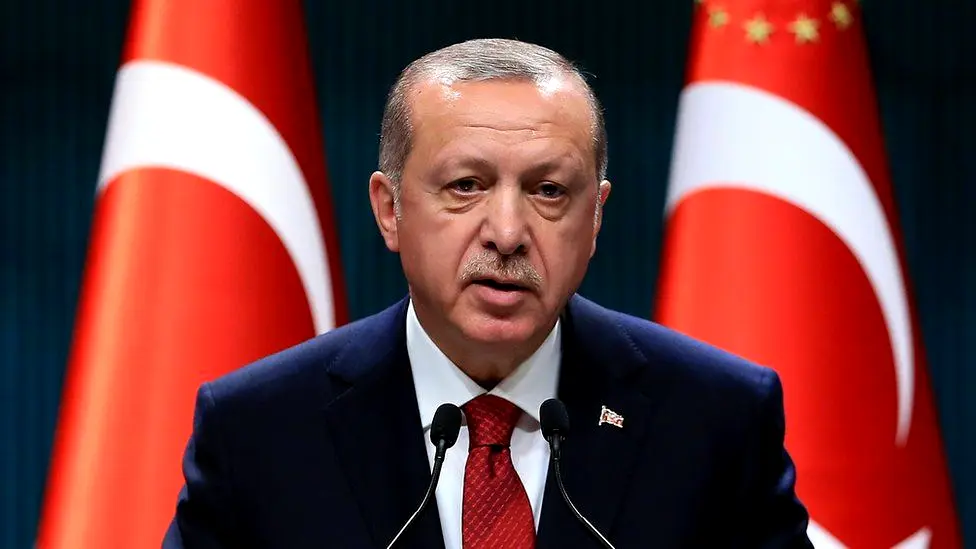The decision to lower the major interest rates by a significant amount to aid in market stabilization as inflation surges above 80% was announced by Turkey’s central bank on Thursday.
The crucial one-week repurchase rate was reduced by 100 basis points, from 13% to 12%, by the nation’s monetary policymakers.
The Turkish inflation rate increased for the fifteenth consecutive month in August, reaching 80.2%, its highest level in 24 years.
CNBC reported that the transcontinental country also cut rates by 100 basis points in August, and had gradually lowered interest rates by 500 basis points at the end of 2021, setting off a currency crisis.
According to CNBC, a currency crisis was sparked by the transcontinental nation’s rate cuts of 100 basis points in August and a cumulative 500 basis points at the end of 2021.
Read Also: Breastfeeding immigrant mother in handcuffs in Switzerland
The Central Bank of the Republic of Turkey revealed in a statement that it has, “assessed that the updated level of policy is adequate under the current outlook.”
“Since the beginning of July, leading indicators have been pointing to a slowdown in growth due to the weakening foreign demand,” the central bank said.
“Leading indicators for the third quarter continue pointing to loss of momentum in economic activity due to the decreasing foreign demand.”
In addition to citing escalating geopolitical risk and stating that the market should expect the disinflation process to begin as a result of the actions taken, it claimed that the cut was necessary because growth and demand were still slowing.
Investors and economists have long expressed shock at the policy’s direction, but they have since learned that Recep Tayyip Erdogan, the president of Turkey, is exerting political pressure on policymakers by refusing to tighten them.
They clashed Erdogan has long criticized interest rates and gone against prevailing economic wisdom by arguing that the best way to reduce inflation is to lower rates.



















